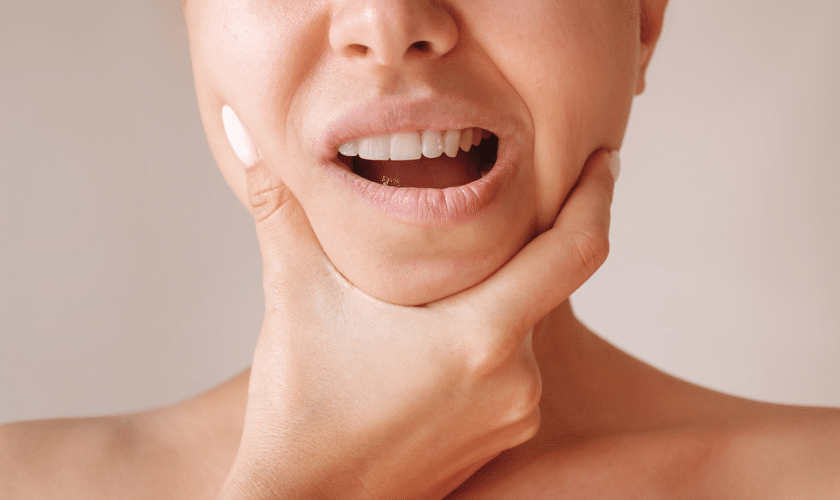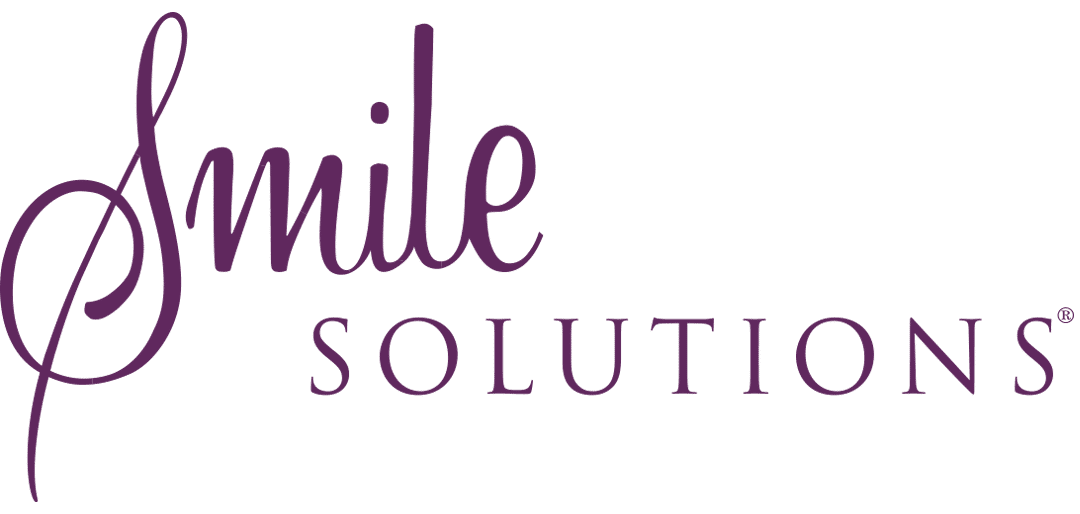If you have ever experienced any jaw pain, you have probably come across the terms TMD, TMJ and bruxism. Yet what do they really mean!?
TMD is a universal abbreviation for temporomandibular joint dysfunction or disorder. Mistakenly, and not to be confused with, TMJ has also been used interchangeably. However, there is an evident difference between them which will be explained.

TMD describes a range of painful and dysfunctional jaw conditions. This can involve the jaw joint, known as the temporomandibular joint, the surrounding muscles and nerves that innervate it.
TMJ, which stands for temporomandibular joint, describes the jaw joint itself. This joint is formed by the mandible bone (lower jawbone) joining with the temporal bone of the skull on both sides. Each joint has a cartilage disc between the bones, acting like a shock absorber and preventing them from damaging during function. The jaw joint is then surrounded by a capsule which encloses it, and performs movements required for eating, speaking and facial expression.
Individuals with TMD may experience an array of symptoms including:
- Headaches
- Myofascial pain
- Difficulty or discomfort when opening and closing the jaw
- Pain radiating to the neck, shoulders and ears
- Sensitive and chipped teeth
- Worn teeth
- Jaw locking
- Jaw clicking
The most common indication of TMD are headaches, due to the repeated use of the jaw muscles during tooth clenching and grinding. This is known as ‘bruxism’.
Bruxism mainly occurs overnight whilst sleeping, although it is quite common to take place during the day. Common causes include stress, certain medications, alcohol and drugs use, airway problems and hereditary and neurological disorders. If left untreated, bruxism can cause long term damage to the teeth, jaw joint and surrounding muscles.
If you think you experience any symptoms of TMD, a consultation with our experienced dentists can assist in diagnosing your TMD or dental issue and provide you with the appropriate treatment.

